Since the announcement of Neil Gorsuch as Supreme Court nominee, I’ve seen three camps emerge.
One insists that he was a bold, conservative choice, very much in line with the late Justice Antonin Scalia.
The other insists that his conservative credentials, on core conservative causes, such as religious liberty and abortion were flimsy, at best.
And then there are liberals, who are going to hate any justice who isn’t an atheist, transgender, charter member of the NAACP, who double-majored in Law and Gender Studies at Berkeley, and drives a hybrid.
I’ve taken a more cautious view, as I’ve been let down before.
I mean, I thought John Roberts would be pretty solid, but then he rolled on the whole Obamacare debacle and I lost trust in SCOTUS ever being right again, at least until they put me on the bench.
We’ll know soon enough how Gorsuch performs, as they take on a religious liberties case out of Missouri.
For the first time in more than a year, the Supreme Court will hear oral arguments this week with the full complement of nine justices. Oral arguments in Trinity Lutheran Church of Columbia v. Comer will be held Wednesday, when the high court will seek todecide whether Missouri violated the Constitution in its decision to bar a church from a state program that gives nonprofits funding to resurface their playgrounds. Missouri’s Constitution includes a provision that prevents public funds from directly or indirectly assisting any church, sect or religion.
The high court’s ruling in the Trinity Lutheran case could have a widespread impact on the three dozen other states with similar provisions in their state constitutions, and the decision could be narrowly decided.
That really is a sticky one.
The church is a nonprofit, but it’s a church.
Then again, simply paving the playground isn’t the same as promoting or assisting that religion. It’s just paving the playground.
It may seem like a small thing, but it will be watched closely.
This particular case has been sitting and waiting for a ninth justice to be added to the bench, presumably because there was a belief, after taking the temperature of the sitting justices, that a vote would have ended in a 4-4 decision, therefore, a ninth justice was necessary.
Judicial Crisis Network chief counsel Carrie Severino said she thought Gorsuch would be unlikely to rule any differently from Scalia. However, she said she thought Gorsuch’s presence on the court could have a “serious impact” on how it decides the case.
“I think this is a case where, and we’ll know a little more during oral arguments, where it seems like you ought to be able to get some liberal votes,” Severino said. “However, if [Gorsuch] weren’t in the court and this did break down 4-4, then this is the kind of case where you could have had an evenly split court and Justice Gorsuch would be a key deciding vote in that case.”
Liberals, of course, feel Gorsuch may be too free-hearted in religious liberties cases, more so than even Scalia, and that somehow, that threatens the civil rights of others.
Then, of course, there’s the past relationship between Gorsuch and Justice Anthony Kennedy. Gorsuch served as Kennedy’s clerk. Whether that has any influence on Kennedy’s vote, remains to be seen.






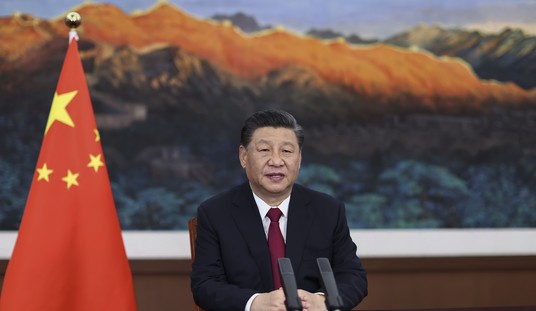

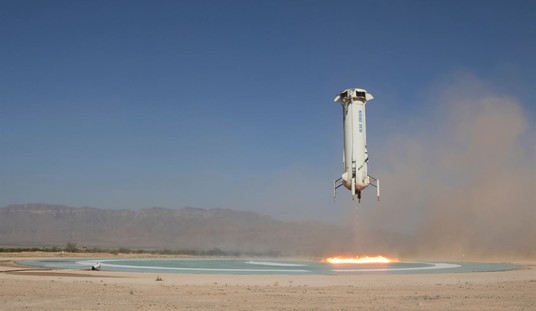
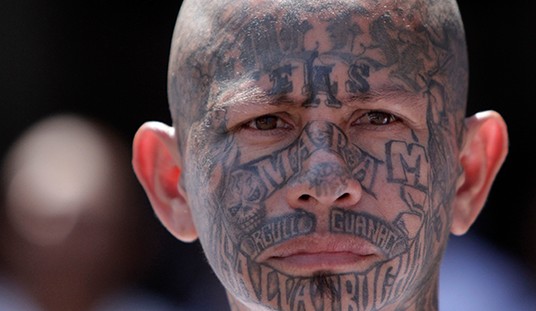

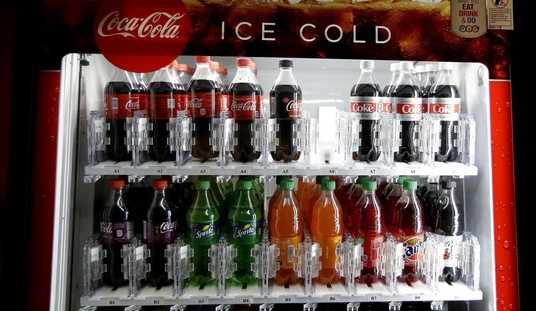
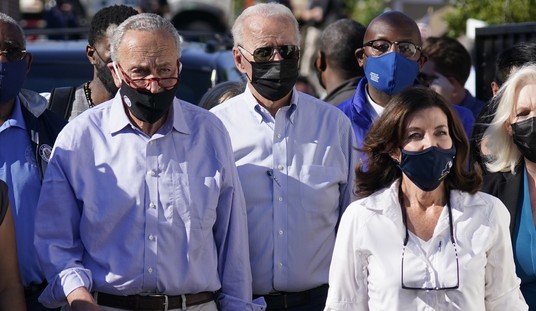

Join the conversation as a VIP Member